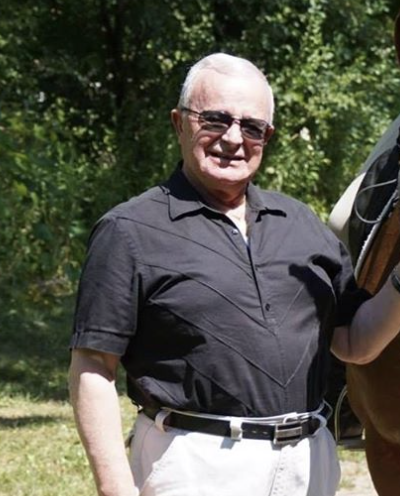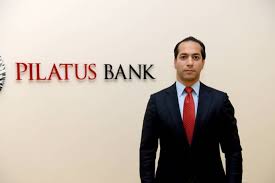Accused Iranian money launderer, Ali Sadr Hasheminejad, arrested when he attempted to leave the United States for the UK, and charged with both international sanctions evasion and bank fraud, had two different St Kitts Citizenship by Investment (CBI/CIP) passports in his possession, both of whom were valid. The defendant allegedly funnelled $115m through a Venezuelan construction contract, in what has become known as the Pilatus Bank of Malta scandal. The bank has been closed by Maltese authorities and is suspected of massive money laundering activity, for Iran and for other clients.
It gets worse; the two SKN passports each had a different date of birth, one from 1971, the other from 1980. Using those two passports, he was able to register companies in the United Kingdom, seemingly as two different individuals. While the defendant's attorney tried, in vain, to explain that the first passport had been replaced by the second, due to visa pages being full, both passports were valid, and in current use. Perhaps the lawyer should stick to defending his client from the charges, which could put him in Federal Prison for life, rather than rendering an opinion on foreign passport law. His spin on Kittitian law was dead wrong.

The real culprit here appears to be the international CBI consultancy, Henley and Partners, which obtained the two passports, with different birthdates, for Hashminejad. How did Henley's assembly of so-called legal experts fail to read these passports, before issuing them to the accused? Either Henley is guilty of gross negligence, or it intentionally obtained the two passports, each with different personal information. Would the company care to explain itself ?
This case is merely the latest in a long line of CBI and diplomatic passport scandals involving the Federation of St Kitts & Nevis, which is the reason that North American and EU bank compliance officers have come to regard ALL St Kitts passport holders with suspicion, and will continue to do so until St Kitts Citizenship by Investment Unit stops acting like a racketeering enterprise, and more like a legitimate government agency.
Chronicles of Monte Friesner - Financial Crime Analyst 
Contributed by Kenneth Rijock - Financial Crime Consultant










